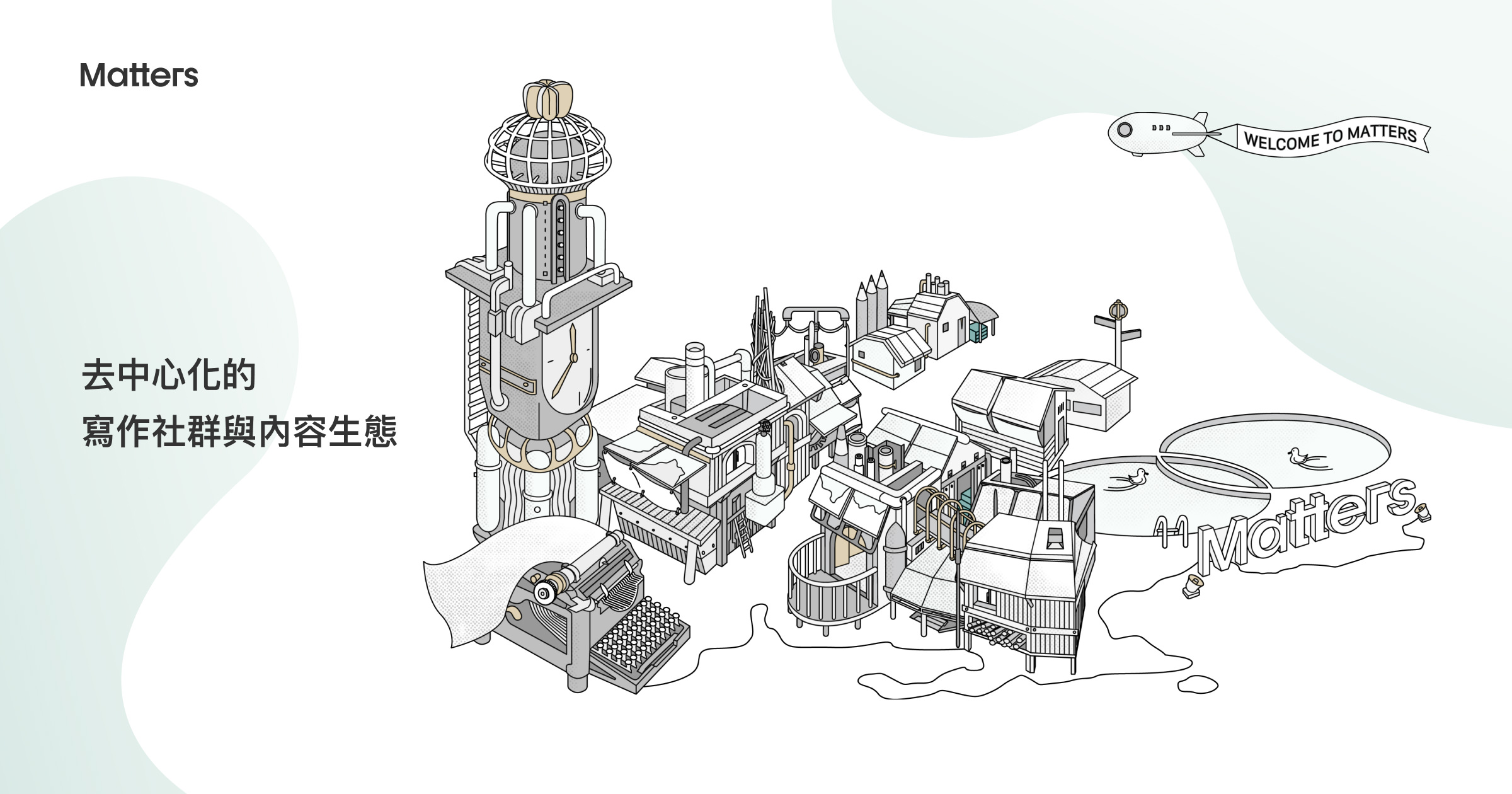#Jinpings #visit #shows #close #Serbia #China #years
Perhaps it was just by chance that Xi Jinping’s visit to Belgrade fell on the seventh of May, the date is telling anyway: it was exactly 25 years ago this year that a NATO bomb hit the Chinese embassy in Belgrade, killing three Chinese journalists and injuring more than twenty others.
The attack occurred during the Kosovo War, when NATO attacked Serbia without UN authorization to end crimes against Kosovo Albanians. According to NATO, the Chinese embassy in Belgrade was hit by accident, but the Chinese still doubt this. Even today, the majority of Serbs see NATO’s intervention at that time as a crime committed by the West against Serbia.
The memory of the airstrike 25 years ago is still important to China today, because it makes Serbia an ideological ally in the fight against the “US-led West”. The two countries have maintained a close relationship both in word and deed for years, and the cooperation extends from infrastructural projects to the presence of the Chinese police in Serbia spread.
Serbia as the gateway to the West
The relationship between China and Serbia is primarily about the economy. Belgrade’s wastewater, for example, still largely flows into the Danube and the Drava. Serbia, on the other hand, is now building 5,000 kilometers of canals and 159 wastewater treatment plants – with a 3.2 billion euro loan from China.
Today, a Chinese steel factory, a Chinese copper mine, a Chinese metallurgical plant and a Chinese tire factory operate in the middle of Serbia. But Chinese companies are building Serbian President Aleksandar Vučić’s prestige project, the new district for the 2027 World Expo in Belgrade and the new national stadium, which together will cost 17 billion euros.
For years, Serbia has served as a kind of gateway to the continent for Chinese companies trying to expand in European markets. Although Serbia has trade agreements with the EU, it is not a member of the EU, so the country is not subject to EU rules that prevent or at least slow down Chinese expansion in Europe.
Accordingly, Serbia is full of Chinese infrastructure developments: Chinese companies have built a new bridge in Belgrade and a new highway section near the capital. However, their most important development is the reconstruction of the Budapest-Belgrade railway line, which they will later want to extend through North Macedonia to the port of Piraeus in Greece. Over the past fifteen years, Piraeus has become China’s most important European bridgehead, an important stop on the planned new Silk Road.
“China has really become one of the pillars of Serbia’s infrastructural and economic development over the past fifteen years,” says political scientist Stefan Vladisavljev, a China expert at the Fund for Political Excellence think tank in Belgrade. The investments fit well into the Serbian government’s central narrative of progress, job creation and wage growth.
It doesn’t matter that the Chinese don’t take environmental regulations very seriously – jobs are more important to the Serbian leadership. This is a sellable story in a country where most people have to live on less than 500 euros (approx. HUF 194,000) a month, and many jobs depend on the favor of the ruling party.
China is Serbia’s second largest trading partner, after Germany. However, while the trade deficit with Germany amounts to half a billion euros, the deficit with China was 3.4 billion euros last year – that is, the Serbians buy much more goods than they sell to the Chinese. This will change thanks to the free trade agreement between the two countries that will enter into force in July, says Vučić, whose main goal is to sell more vegetables, fruits, spirits and wine to the Chinese.
According to Vladisavljev, the relationship between Belgrade and Beijing strengthened especially at the beginning of the pandemic. At that time, the Chinese sent large quantities of vaccine doses and masks to Serbia, which the Serbian leadership has been talking about ever since. On the other hand, there is less talk about the fact that at the beginning of the epidemic, the EU sent more than one hundred million euros in aid to the country.
Because here, too, we are talking about grand politics. While Vučić wants to officially introduce his country to the EU, he maintains good relations with Orthodox Russia and increasingly with China. In the UN Security Council, both major powers support Serbia in not recognizing the independence of the former Serbian province of Kosovo.
“The phantom image of the ideal friend”
But there is one difference: while Russian aid comes at a political price—especially since the Russian attack on Ukraine—Beijing’s aid comes seemingly without political strings attached. “For Serbia, China is the phantom image of an ideal friend,” says Vladisavljev. It is about economic and political support, and the perception of China as a great power that will finally stand up to the West.
This is exactly what the EU and the USA suspect, the political scientist continues. “The Balkans have always been primarily part of the Western sphere of influence. Therefore, it is feared that Serbia’s possible admission to the EU will also bring the extent of Chinese interests to Europe,” he said.
Serbia and China also cooperate in the field of security policy. The Serbian army already has Chinese CH95 combat drones, which experts say play a key role in the development of the Serbian Pegasus drone. The jewel in the crown, however, is the FK3 air defense system.
Meeting between Serbian President Aleksandar Vučić and Chinese President Xi Jinping at the Great Hall of the People in Beijing on April 25, 2019 – Photo: Kenzaburo Fukuhara / Kyodo News – Pool / Getty Images
“The FK3 is very important because the Serbian army has never had such a system before. Its range is about 100 kilometers, which is a significant improvement compared to the old Soviet Neva systems, which used to form our air defense,” military expert Vlade Radulovic recently told Deutsche Welle.
In addition to the army, the police of the two countries also cooperate. Chinese police have already patrolled Belgrade several times – officially to help Chinese tourists traveling there. In addition, there are already more than 1,000 Huawei brand security cameras with facial recognition functions in Belgrade, the exact locations of which are not revealed by the Serbian police.
According to the current laws, the Serbian police cannot use facial recognition software, but the government has tried to change the relevant law several times. One thing is certain: Belgrade is the first European city where smart cameras from China are everywhere. Their placement was introduced by the Serbian leadership under the name Safe City, and it is also intended as an advertisement for Chinese surveillance technology.
Most Serbs support Serbian President Aleksandar Vučić’s alliance with China. All polls show that China is Serbia’s second best friend and second most important ally – after Russia. Much less people like the EU and the USA.
The author of the article is Nemanja Rujevic, Deutsche Welle’s Serbian correspondent. The text was published in the framework of the cooperation between Deutsche Welle and Telex. Translated from German by Vilmos Weiler.











